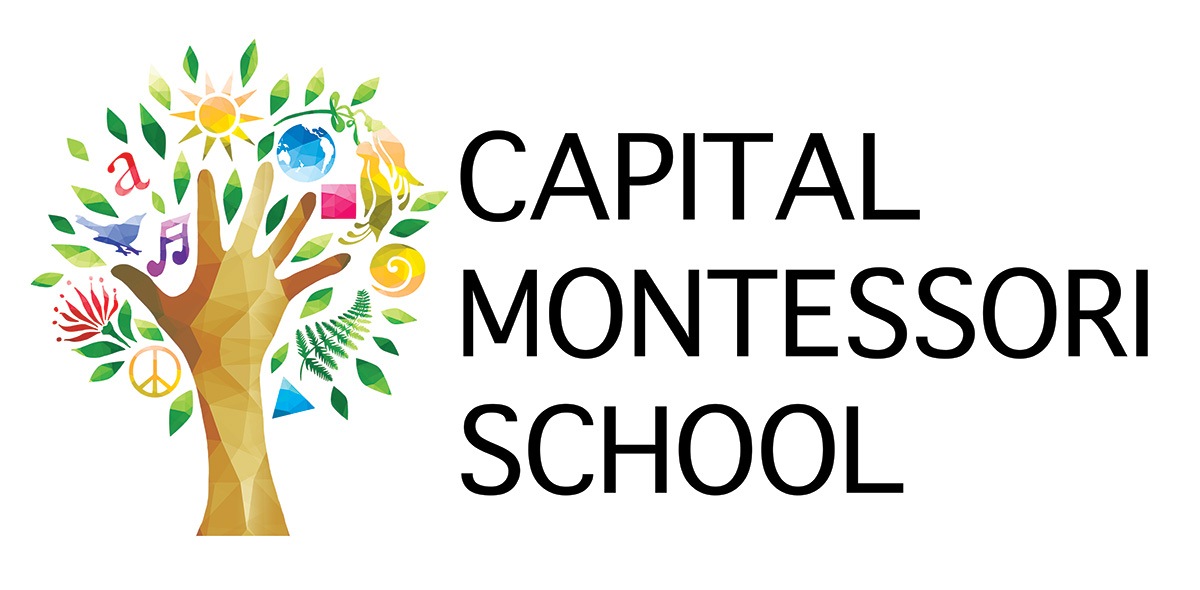They both had a Montessori education. Sean ‘P. Diddy’ Combs attended Mount Vernon Montessori School when he was just two years old. Chef, author and celebrity TV personality, Julia Childs attributes Montessori with creating her lifelong love of discovery and mastery. She said, “learn from your mistakes, be fearless and above all have fun!” Many ‘famous’ people have attended a Montessori school in some stage of their life, and some of them even consider it one of their important success factors. Here are a few Montessori alumni you might not know of…
Larry Page and Sergey Brin – founders of Google
Jeff Bezos – founder of Amazon.com
Jacqueline Bouvier Kennedy Onassis – former US first lady
Princes William, Harry and William’s son Prince George
T. Berry Brazelton – one of the world’s leading authorities on pediatrics and child development
Gabriel Garcia Marquez – Nobel Prize winner for Literature
Katherine Graham – ex-owner/editor of the Washington Post
Andre Lloyd Webber – British composer
Anne Frank – Jewish author/diarist World War II
Peter Drucker – Management Guru
Mark Zuckerberg – Co-founder of Facebook
Bill Gates – Founder of Microsoft
Friedensreich Hundertwasser – Austrian Painter and Architect
So what exactly is the ‘Montessori Method’ – what does it look like?
Dr. Maria Montessori believed that children learn better when they’re choosing what to learn. A Montessori classroom looks a little different than a more traditional classroom, you’ll notice…
Various activity stations for children to choose from throughout the day
Up to 30 students of varying ages (i.e. 0-3, 3-6, 6-9 years) interacting
Teachers moving from child/group to child/group instead of standing at the front of a classroom.
Photo: Joseph Kelly
Beautiful spaces & hands-on learning
Montessori classrooms are famous for their beauty and accessibility. Lots of natural light and space are common, with attractively presented, often natural, learning materials on child-sized shelves and child-friendly furniture. Specific Montessori designed materials lead young learners to understand complex vocabulary and discover abstract ideas through the hands-on use of concrete objects. A Montessori environment is designed to let children work, develop and learn at their own individual pace.
Enhanced social interaction
Children are always fascinated by what other children are doing. Montessori capitalises on that, by grouping children of different ages together in the same learning environments. These mixed aged groups allow children to learn from one another, teach one another and develop life skills such as inclusion and acceptance.
Independence is important
Nurturing independent and capable little learners is a big focus. Since much of the learning is self-directed, children can gain a sense of independence and confidence in their abilities much faster than in other settings. At a very young age, Montessori children tend to be very independent and more able to manage themselves.
Cultivating a love for learning
Montessori strives to encourage a real love for learning. Long-term, Montessori children often remain perpetually curious about the people and the world around them, seeing learning as an enjoyable life-long process through their formal education, and after, in their adult lives and careers.
Come along and see a Montessori preschool class in action – we love to meet new families that are curious to know more. Contact us to arrange a time to visit.


